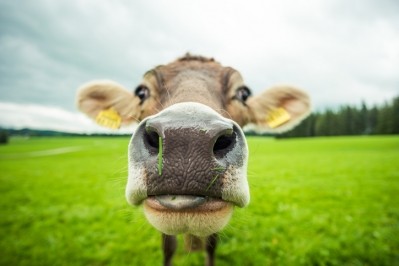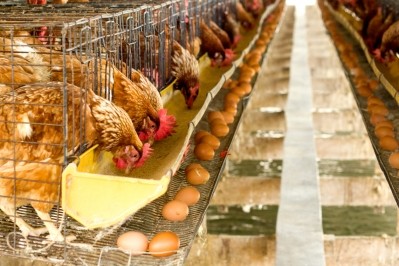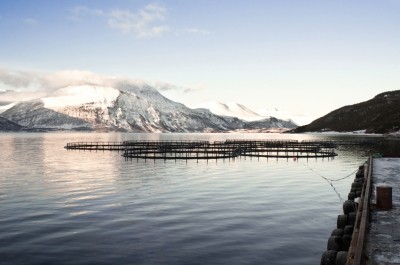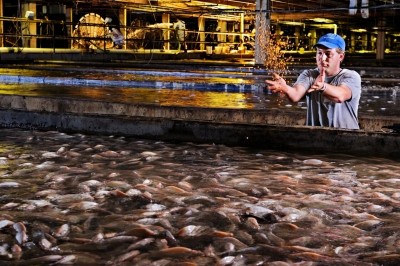Feed makers move to discredit negative media coverage on animal proteins in feed
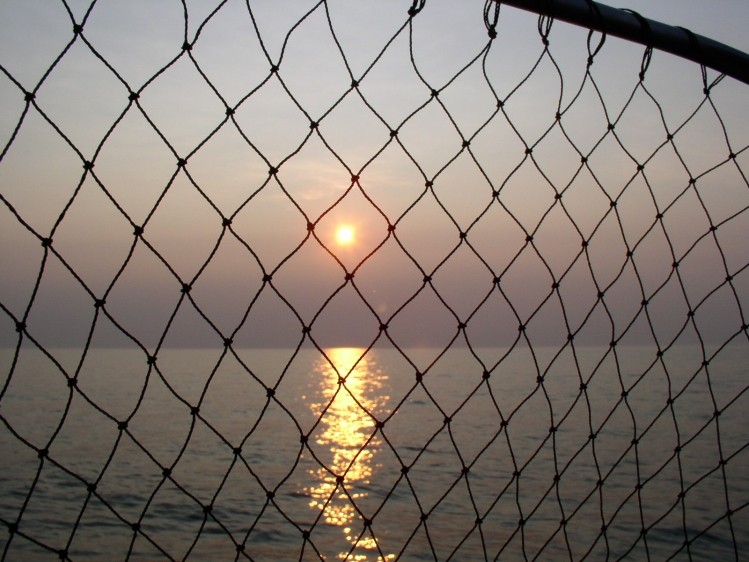
European feed producers this month issued a joint statement, with the aim, they said, of discrediting recent negative press reports, particularly the linking of PAPs with the BSE crisis "for the sake of a science-based debate.”
The Federation of European Aquaculture Producers (FEAP), alongside the EU Federation of Feed Manufacturers (FEFAC) and EFPRA, the trade group representing the EU animal by-product processing sector, said media campaigns against the use of PAP create unfounded consumer concerns about the safety and sustainability of aquaculture products.
June 2013 saw the EU Commission lift the feed ban for non-ruminant PAP use in fish feed.
The approval followed the introduction of new analytical methods for animal proteins, which had been developed by the EU reference laboratory .
Recently, some French retailers as well as fish producers have said they would not sell or produce aquaculture produce using PAPs in feed.
And, José Bové, French MEP, condemned the move by the Commission to partially remove the prohibition on the use of animal protein in feed [PAPs are currently only allowed in farmed fish].
He said: “Lifting the ban is suicidal because the cheapness of animal meal will soon see the practice spread widely."
EU aquaculture sector growth
Courtney Hough, general sectary of the Federation of European Aquaculture Producers (FEAP), told this publication today:
“Europe already imports salmon from Chile and seabass or seabream from Turkey fed with PAP.
If we are going to grow the aquaculture segment in Europe, we need access to protein sources for fish. And EFSA has provided clear scientific evidence that non-ruminant PAPs produced in accordance with the high EU processing standards are safe.”
Animal protein, said Hough, can also help in reducing the EU dependency on fishmeal imports thus contributing to a more sustainable fish and aquaculture sector, in line with EU fisheries reform policy.
PAPs are currently not widely used in EU aquaculture production, he said, as the approval for their use in feed has only been in place since June last year.
Nevertheless, there has been significant take-up in the Greek and Spanish farmed fish sectors, added Hough.
BSE crisis based confusion
The feed trade groups say there is a lot of confusion, in media reports, between inadequately treated meat and bone meal (MBM) of ruminant animal origin, which was at the base of the BSE crisis, and the non-ruminant PAP that is now approved for use in fish feed.
"PAP and MBM are fundamentally different products, yet the terms are often incorrectly used interchangeably in non-scientific publications and media outlets.
MBM cannot be used as a feed material anymore in the EU for food producing animals and must be either destroyed or be channeled to technical or energy uses.
PAP is derived from category 3 material such as edible bones, feathers, skins or tendons which is considered fit for human consumption according to the strictest safety rules but, because of consumer dietary preferences, is not sold on the food market.
When the feed ban was introduced for PAP in 2001, the main reason was the absence of analytical control methods, which could ensure that only 'food grade' material would be used in animal feed and that intra-species recycling would not take place, as requested by the European Parliament, said the feed producers.
PAP is “not a cheap waste product”
The feed manufacturers are also trying to counter media claims that PAP is a cheap waste product unsuitable for animal nutrition:
“PAP is a high-value resource which is as safe as any other protein and cannot be regarded as a waste product by any means, especially considering the fact the EU feed industry is subject to comprehensive food and feed safety legislation that explicitly excludes any waste product as a feed material,” said the trade groups.
As well as protein provision, PAPs can contribute to the nutritional needs of fish for calcium, phosphorous and vitamin B12, they added.
